MBI Chalk Talk
Time: 8.00pm
Date: Wednesday, 22 July 2020
Venue: Online via ZOOM
The tissue nanoenvironment: recapitulating nanoscale tissue properties for diverse disease applications
By Dr. Jennifer Young, Max Planck Institute for Medical Research in Heidelberg, Germany
Extracellular matrix (ECM) cues play an integral role in directing cellular behavior. Inherent ECM properties, including stiffness, porosity, and composition, have all been shown to elicit specific cellular responses. The development and use of biomaterials mimicking these properties have led to numerous advancements in both understanding and engineering biological functions. To date, these investigations have largely focused on micro- or even macroscale features, while nanoscale ECM properties, particularly the type and distribution of cell-adhesive sites, have been left uncharacterized and thus under-utilized. Initial studies into nanoscale biomaterial properties in vitro have revealed profound effects on cellular functions, including the discovery that nanoscale-sensitive phenomena (e.g. integrin spacing) are intimately linked to mechanobiology, as evidenced by their modulation of cellular mechanotransduction. Yet, the materials employed in these studies lack tissue-informed design. Currently, there exists a gap in the field for characterizing nanoscale tissue features and subsequently developing mechanically-relevant materials to match them. Thus, my proposed research takes a synergistic bioengineering approach to both characterize nanoscale adhesive properties of the ECM as well as to design faithful, biomimetic hydrogel scaffolds with precise control of these properties. ECM characterization will be achieved via high resolution imaging techniques, while biomaterials design will harness innovative methods in nanolithography. These new materials will be utilized to address a number of important mechanosensitive processes, including stem cell differentiation, cancer cell migration and chemoresistance, pollutant-induced respiratory disease, and cardiac tissue regeneration. Furthermore, platforms will be developed to study cell-nanoscale ECM interactions in high throughput, thereby supporting a comprehensive understanding of cell behavior in response to nano-ECM properties. Ultimately, these materials can be integrated into ongoing mechanobiology-centered investigations into cell-ECM interactions, providing a valuable blueprint for the wider scientific community to manipulate cellular function, improve biomaterials design, and pursue therapeutic strategies.



